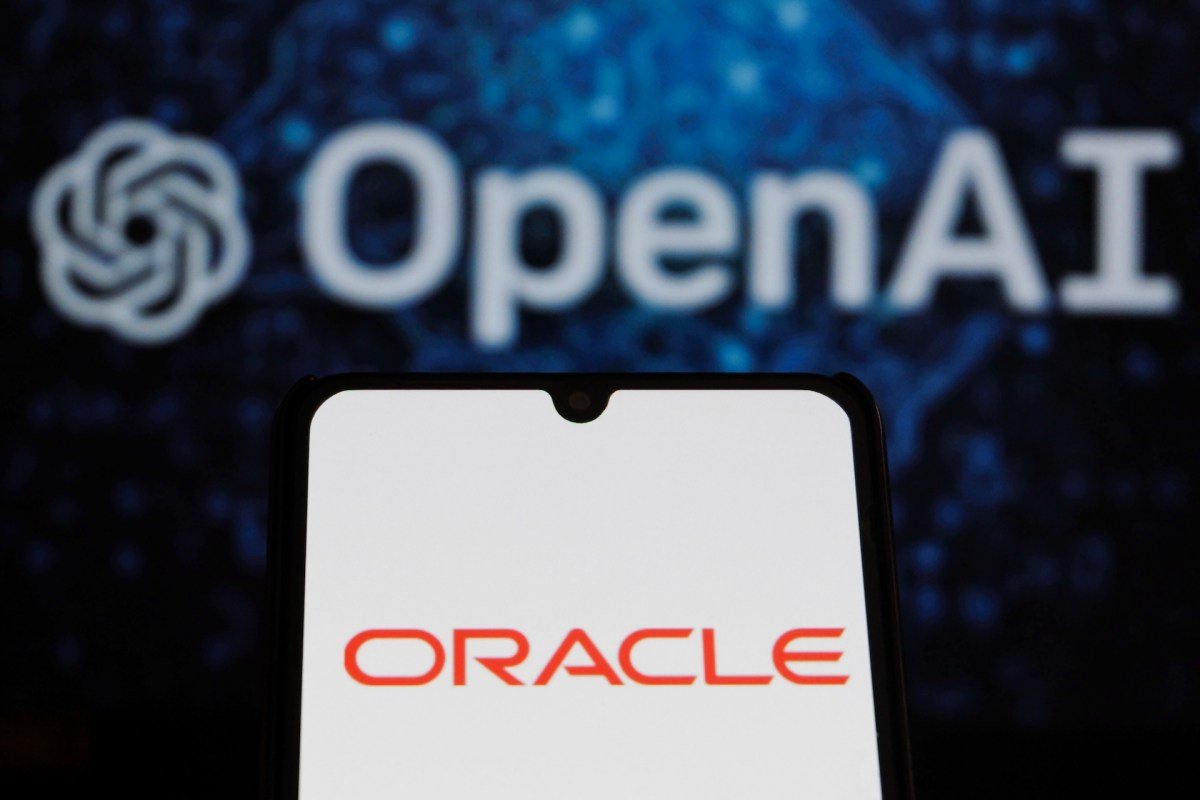OpenAI and Oracle’s $300 Billion Deal: A Game Changer for Cloud Computing
This week, OpenAI and Oracle stunned the financial world with a groundbreaking $300 billion agreement spanning five years. This unexpected move triggered a significant surge in Oracle’s stock, proving that the company’s legacy still holds substantial weight in the AI infrastructure landscape.
OpenAI’s Strategic Investment in Cloud Infrastructure
While the specifics of the deal remain sparse, it reveals OpenAI’s bold commitment to investing heavily in compute power. The startup’s readiness to spend such a colossal sum indicates its determination to scale, even as questions linger about the sources of energy for this compute power and the financial logistics behind it.
Insights from Industry Experts
Chirag Dekate, a vice president at Gartner, highlighted the mutual benefits of the deal for both OpenAI and Oracle. By collaborating with multiple infrastructure providers, OpenAI reduces risk and enhances its scaling capabilities, offering a competitive edge. “OpenAI is assembling a comprehensive global AI supercomputing framework for extreme scale,” Dekate explained.
Oracle’s Role in the AI Surge
Despite market skepticism regarding Oracle’s relevance in the AI ecosystem compared to giants like Google and AWS, Dekate noted that Oracle has solidified its role by partnering with hyperscale operations in the past, including for TikTok’s U.S. infrastructure.
Finances Behind the Agreement
While this historic deal has fired up the stock market, critical details concerning power logistics and payment mechanisms remain unanswered. OpenAI’s recent decisions indicate a strong focus on infrastructure spending, with commitments of approximately $60 billion annually to Oracle and an additional $10 billion dedicated to custom AI chip development with Broadcom.
OpenAI’s Revenue Surge
In June, OpenAI announced a leap to $10 billion in annual recurring revenue, a significant increase from $5.5 billion the previous year. This revenue stemmed from a range of products, including ChatGPT and API services. However, CEO Sam Altman has also acknowledged the substantial cash burn the company faces each year.
Powering the Future: Energy Needs
As the demand for compute escalates, so too does the energy required to fuel these operations. Industry analysts predict that data centers will account for 14% of all electricity consumption in the U.S. by 2040, as highlighted in a recent Rhodium Group report.
Tech’s Energy Strategy
To secure energy resources, tech giants are investing in various projects, including solar farms, nuclear power plants, and partnerships with geothermal startups. Despite this trend, OpenAI has been relatively reserved in its efforts to secure energy, unlike competitors such as Google or Meta.
A Shift on the Horizon
With the sweeping 4.5 gigawatt compute deal in the works, OpenAI might soon need to ramp up its energy initiatives. By outsourcing its physical infrastructure to Oracle—an area where Oracle excels—OpenAI can maintain an “asset-light” approach, which could reassure investors and better align its valuation with software-centric AI startups rather than capital-intensive legacy technology firms.
Here are five FAQs regarding why the Oracle-OpenAI deal caught Wall Street by surprise:
FAQ 1: What is the significance of the Oracle-OpenAI deal?
Answer: The Oracle-OpenAI deal is significant because it integrates advanced AI capabilities into Oracle’s cloud services, making their offerings more competitive against other tech giants. This partnership could enhance Oracle’s data management solutions and attract more enterprise clients focused on AI integration.
FAQ 2: Why did Wall Street not anticipate this partnership?
Answer: Wall Street may not have anticipated the deal due to the traditionally cautious nature of Oracle’s business strategy and its focus on steady, incremental growth. The rapid pace of technological advancements in AI and the growing interest from other companies in the sector likely added to the element of surprise.
FAQ 3: How could this deal impact Oracle’s stock performance?
Answer: The partnership could bolster Oracle’s stock performance by attracting new customers, increasing revenue from cloud services, and demonstrating Oracle’s commitment to staying competitive in the evolving tech landscape. Positive market sentiment could lead to an upward shift in stock prices.
FAQ 4: What potential challenges might Oracle face after this deal?
Answer: Oracle might face challenges such as integrating AI tools into existing systems, maintaining competitive pricing, and managing customer expectations regarding new AI capabilities. Additionally, they may need to address concerns related to data privacy and ethical AI use.
FAQ 5: What does this deal indicate about the future of AI in the enterprise sector?
Answer: The Oracle-OpenAI deal suggests that AI will play an increasingly critical role in enterprise solutions, pushing companies to adopt advanced AI technologies to remain competitive. It highlights a growing trend of partnerships between cloud providers and AI innovators, setting the stage for further advancements in the field.

